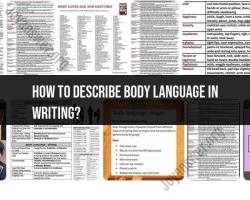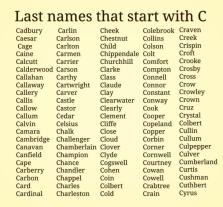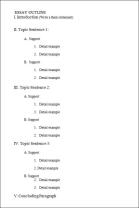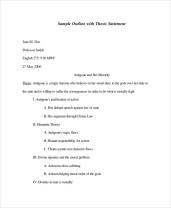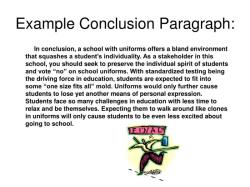When to use single quotes?
Single quotes are primarily used in writing for specific purposes, and their usage can vary depending on the style guide or regional conventions. However, here are some common situations when you should use single quotes:
Quoting Within a Quotation:
- When you have a quotation within a quotation, you use single quotes to enclose the inner quotation. This helps distinguish the inner quotation from the main quotation enclosed in double quotes.
- Example: She said, "John told me, 'I'll be there by 5 o'clock.'"
Use of Direct Quotations in Headlines or Titles:
- Some style guides recommend using single quotes for direct quotations within headlines or titles. This is to differentiate the title or headline from the quoted material.
- Example: 'The Times They Are A-Changin'' - A song by Bob Dylan
Words or Phrases as Words:
- Single quotes can be used to highlight or emphasize a word or phrase as a word itself, especially when discussing language or terminology.
- Example: The term 'selfie' has become widely popular in recent years.
Scare Quotes:
- Single quotes are sometimes used to indicate skepticism or irony, often called "scare quotes." They suggest that the term or phrase enclosed in single quotes should be taken with caution or may not be entirely accurate.
- Example: The 'expert' claimed that the Earth is flat.
Titles of Short Works:
- In some writing styles, such as AP (Associated Press) style, single quotes can be used for titles of shorter works like articles, songs, or short poems.
- Example: 'The Raven' - A poem by Edgar Allan Poe
British English Usage:
- In British English, single quotes are often preferred for enclosing direct quotations, while double quotes are used for quotations within quotations.
- Example (British English): She said, 'John told me, "I'll be there by 5 o'clock."'
It's important to note that usage rules for single quotes can vary depending on the style guide or the specific publication's guidelines. Some publications or regions may use single quotes more extensively or less extensively than others. When in doubt, it's a good practice to consult the relevant style guide or adhere to the conventions of the context in which you are writing.
Punctuation Precision: When and How to Use Single Quotes
Single quotes are used in a variety of contexts, including:
- To enclose direct quotes: When quoting someone directly, use single quotes to enclose the quoted material. If the quote within a quote is already enclosed in single quotes, use double quotes to enclose the outer quote. For example:
She said, "'I'm going to the store.'"
- To signal a quote within a quote: When quoting someone directly who is also quoting someone else, use single quotes to enclose the inner quote. For example:
He said, "'My boss said, "I need you to work overtime tonight.'"
- To indicate italics: If you are hand-writing and cannot italicize text, you can use single quotes to indicate that the text should be italicized. For example:
The book's title is Pride and Prejudice.
- To indicate contractions: Single quotes are used to indicate contractions, which are formed by combining two words into one. For example:
"I'm" is a contraction of "I am."
- To indicate possession: Single quotes are used to indicate possession of singular nouns that end in "s." For example:
The cat's tail is wagging.
- To indicate apostrophes: If you need to use an apostrophe to indicate possession of a plural noun that ends in "s," use single quotes. For example:
The cats' tails are wagging.
Quotation Mark Rules: Guidelines for Single Quote Usage
Here are some additional guidelines for using single quotes:
- Use single quotes to enclose direct quotes, unless the quote within a quote is already enclosed in single quotes.
- Use single quotes to indicate a quote within a quote.
- Use single quotes to indicate italics, if you are hand-writing and cannot italicize text.
- Use single quotes to indicate contractions.
- Use single quotes to indicate possession of singular nouns that end in "s."
- Use single quotes to indicate apostrophes, if you need to use an apostrophe to indicate possession of a plural noun that ends in "s."
Mastering Single Quotes: Knowing When to Employ Them
Single quotes are a versatile punctuation mark that can be used in a variety of contexts. By understanding the different ways to use single quotes, you can improve your writing clarity and precision.
Here are some additional tips for using single quotes effectively:
- Use single quotes consistently. If you use single quotes to enclose direct quotes, be sure to use them consistently throughout your writing.
- Use single quotes sparingly. Single quotes can be distracting if used too often. Only use them when necessary.
- Use single quotes correctly. Be sure to follow the guidelines above for using single quotes correctly.
By following these tips, you can master the use of single quotes and improve your writing skills.



